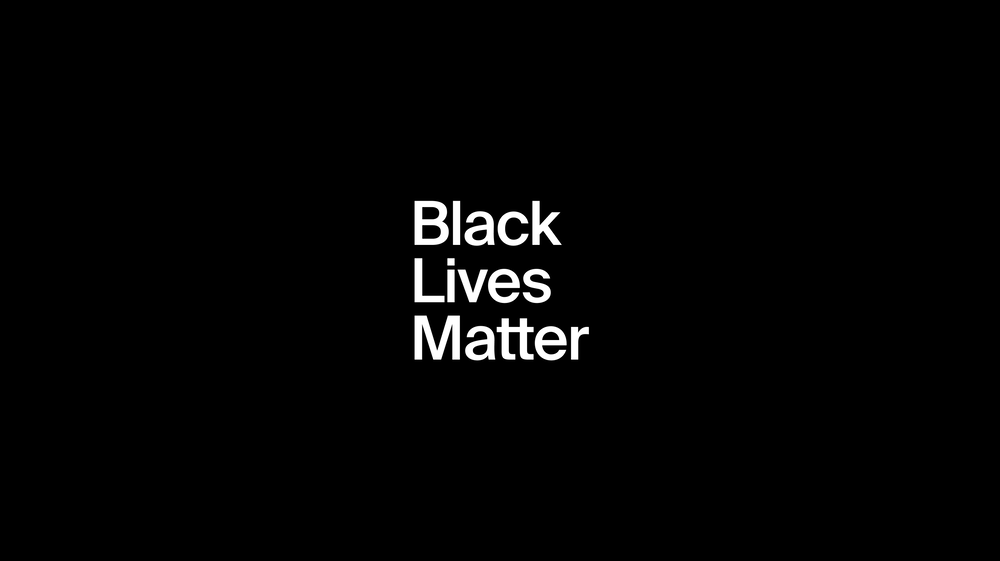
Black Lives Matter
It’s been two weeks since the murder of George Floyd at the hands of Minneapolis police ignited the powderkeg of institutional and systemic racism at the core of America since its founding. Like many, we’ve struggled to find the words to immediately respond to this atrocity and the horrific realities of discrimination and violence that Black people face every day.
It is deafeningly clear that silence is not an option at this moment in history. While we as individuals are marching in solidarity and donating in support, we as an agency need to take stock and be part of the solution. We understand that the racism, violence, and danger that Black people are subjected to at the hands of the white majority has long been omnipresent in America.
Still, thanks to technology, there are now receipts. Twenty-eight years ago, the country exploded because of the unjust verdict of the Rodney King beating trial; today, the revolution cannot be contained. The public protests in more than 350 American cities and around the world, the bipartisan condemnation of George Floyd’s murder, and the unrestrained endorsement of the Black Lives Matter movement may be a new tipping point.
For Americans, it feels as if we may finally and definitively confront our 400-year history of white supremacy. However, the hard work is ahead. Dismantling the structures that support institutional racism and pivoting from being “not racist” to being “anti-racist” shows how far we need to go as individuals, as an agency, and as an industry. We’re in a moment that requires action everywhere.
For 17 years, we’ve sought to create a more human company by growing and leading with our soul, which embraces diversity and inclusion at every level. But we recognize that we haven’t lived up to our aspiration of building a team that is a genuine reflection of the world we live in and serve. We must end our silence not only with words but with sustained action, starting with our agency and our industry. We must address the lack of racial diversity on our New York and Paris teams, as well as through the delivery and impact of our work.
The COVID-19 crisis will pass, but this social crisis will not unless we enact meaningful systemic change. We must recognize the roles we play in perpetuating these systems of inequality and build a better world for everyone through equity, diversity, and inclusiveness. This week, we’ve begun an initiative to engage with our team immediately and often, to discuss and take action on these issues. In parallel, our leadership team is putting the structures in place to keep us learning, engaged, and accountable in the weeks, months, and years ahead.